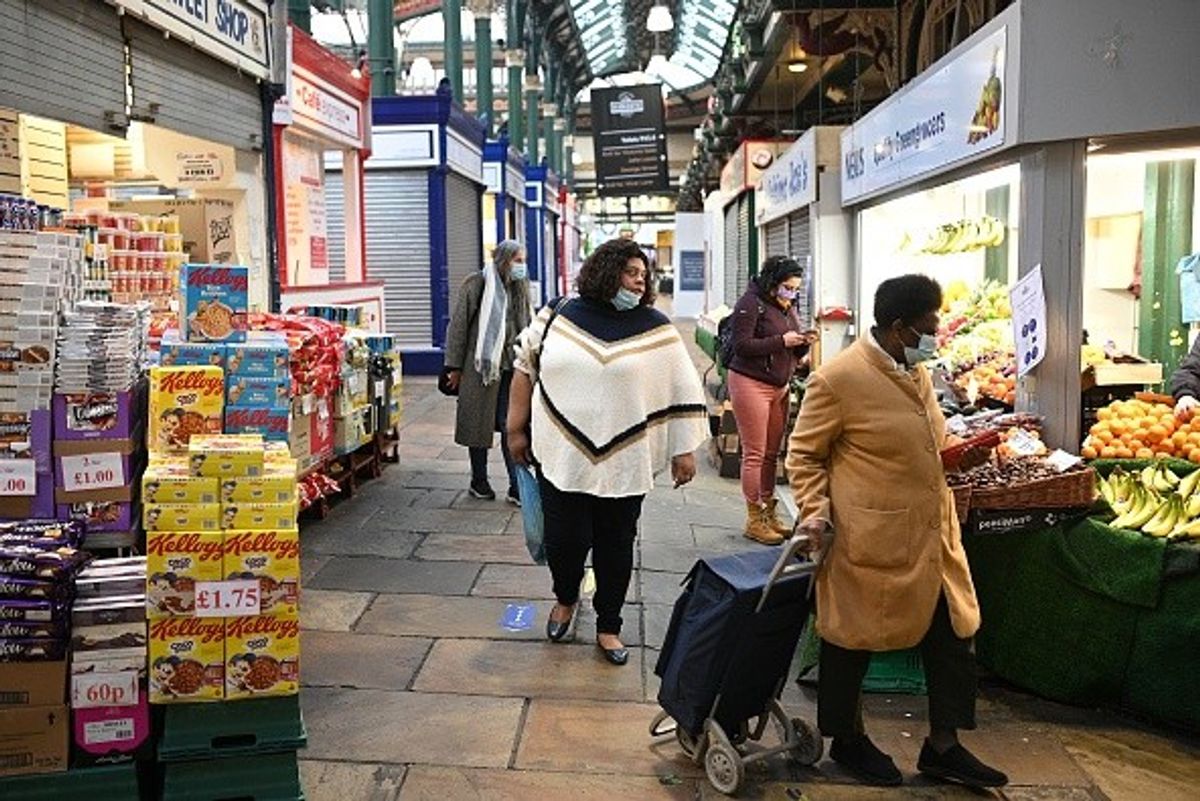Retail sales volumes slumped by 1.6 per cent in August from July – much worse than .5 per cent drop what economists had expected.
The sharp decline came after an upwardly revised 0.4 per cent rise in July. According to Office for National Statistics, which released the figures today (16), said all main sectors (food stores, non-food stores, online retail, and fuel) fell over the month.
About 0.8 per cent drop was seen in sales at supermarkets and other food stores, leaving them 1.4 per cent below their pre-pandemic levels in February 2020. However, alcohol and tobacco sales rose, by 6.3 per cent, as people sought relief from the cost of living crisis. Petrol and diesel sales fell 1.7 per cent, despite a fall in prices.
Sales at department stores fell by 2.7 per cent, while household goods stores posted a 1.1 percent fall, mainly because of declines in furniture and lighting stores while sales volumes at clothing stores fell by 0.6 per cent in August and were 5.7 per cent below their February 2020 levels.
The proportion of retail sales online fell to 25.7 per cent from 26.3 per cent in July; but it remains significantly above pre-coronavirus levels, when it was 19.8 per cent.
"With a difficult winter to come, it will come as a worry to retailers that shoppers have already reigned in their spending despite the hot summer," reports quoted Lynda Petherick, retail lead at Accenture, as saying.
The period of mourning following the death of Queen Elizabeth poses another challenge to retailers, with widespread business closures due on Monday to mark the queen's funeral.
Responding to the latest retail sales data, Helen Dickinson, Chief Executive of the British Retail Consortium, said that consumers cut back on major purchases, such as white goods, as falling real incomes made many people think twice.
"Retailers are working hard to keep prices down for their customers, despite their own costs rising substantially – including energy, imports, shipping and haulage.
“The new Prime Minister must ensure the cost burden on retailers is not made worse by an £800 million rise in business rates expected next year. Without action, it will not just be retailers – but also their customers, who pay the price of this rising tax," Dickinson said.


